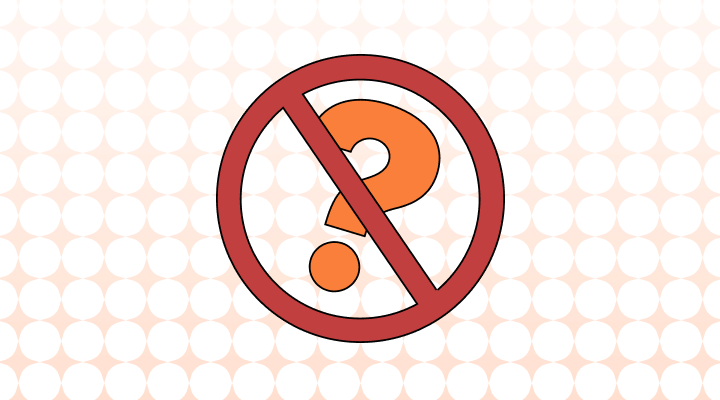Disinterested means to not be influenced by the considerations of personal advantage, while uninterested means to show no interest.
Disinterested and uninterested are two words that are often used interchangeably, but as prefaced above, these do not have the same meaning.
Even though these two words have the same root word “interest”, their meanings differ due to their prefixes "dis" and "un." Below details their meanings, synonyms and the context for the words' usage.
What does disinterested mean?
Disinterested is to be uninfluenced by considerations of personal advantage.
- Synonyms: unbiased, impartial, neutral
For example, a referee has to remain disinterested in the game. As the referee is the person who dictates whether the rules of the game are followed in the game, he has to maintain a neutral stance towards the players and the game.
More example sentences
- The judge's impartial and disinterested demeanor ensured a fair trial for all parties involved.
- She provided a disinterested analysis of the situation, focusing solely on the facts and not personal opinions.
- The disinterested mediator helped the conflicting parties reach a resolution without any bias.
- Despite being friends with both sides, he remained disinterested in their argument and refused to take sides.
- The journalist's disinterested reporting showcased a commitment to presenting the news objectively.
- The disinterested observer watched the chess match, appreciating the strategies without favoring either player.
- Her disinterested response to the heated debate surprised those who expected her to have strong opinions.
- The committee members acted in a disinterested manner, prioritizing the greater good over their personal interests.
- Even though she was deeply involved in the project, she managed to maintain a disinterested perspective during discussions.
- His disinterested attitude towards material possessions made him a unique figure in a world driven by consumerism.
What does uninterested mean?
To be uninterested is to show no interest in the subject matter.
- Synonyms: indifferent, uninvolved, distant, detached
For example, the student was so uninterested in her class that she did not bother to check her transcript when it was released. As the student did not care about her class, she felt no need to check her transcript which contained the class grade.
More example sentences
- Despite his best efforts, the teacher found that many of the students seemed uninterested in the lecture.
- She displayed an uninterested demeanor as her friends excitedly discussed their upcoming vacation plans.
- The movie's slow pacing left the audience feeling uninterested and disconnected from the storyline.
- His uninterested response to the groundbreaking scientific discovery surprised everyone in the research community.
- The uninterested expressions on the faces of the audience indicated that the speaker failed to engage them.
- The uninterested attitude of the employees towards the company's new policy was evident during the staff meeting.
- The child seemed uninterested in the toy that had captivated his attention just moments before.
- Despite his friend's enthusiastic explanations, John remained uninterested in participating in the outdoor adventure.
- The uninterested tone of her voice conveyed her lack of enthusiasm for the proposal.
- The candidate's uninterested responses during the job interview raised doubts about his genuine interest in the position.
Practice sentences
- The judge remained uninterested/disinterested in the case, ensuring fair and impartial proceedings.
- Despite the teacher’s best efforts, some students seemed uninterested/disinterested in the subject matter.
- Sarah was completely uninterested/disinterested in soccer math, as she had no personal stake in the outcome.
- The CEO’s lack of enthusiasm made it evident that he was uninterested/disinterested in the new product launch.
- The art critic remained uninterested/disinterested in the gallery opening, offering unbiased opinions on each artwork.
- James was so uninterested/disinterested in the lecture that he spent most of the time doodling in his notebook.
- The journalist’s uninterested/disinterested stance allowed for an objective and balanced coverage of the political debate.
- Even though the movie was highly anticipated, some viewers remained uninterested/disinterested and didn’t enjoy it.
- The committee’s decision was influenced by a member who was clearly disinterested/uninterested with no personal gain involved.
- Despite being surrounded by art, he remained disinterested/uninterested, not showing any interest or appreciation for the masterpieces.
If you still are unsure about which to use, try out Engram where you can submit your English sentences to get immediate feedback and suggestions based on how native English speakers write.

Answers to the practice questions:
- disinterested
- uninterested
- disinterested
- uninterested
- disinterested
- uninterested
- disinterested
- uninterested
- disinterested
- uninterested
References:















